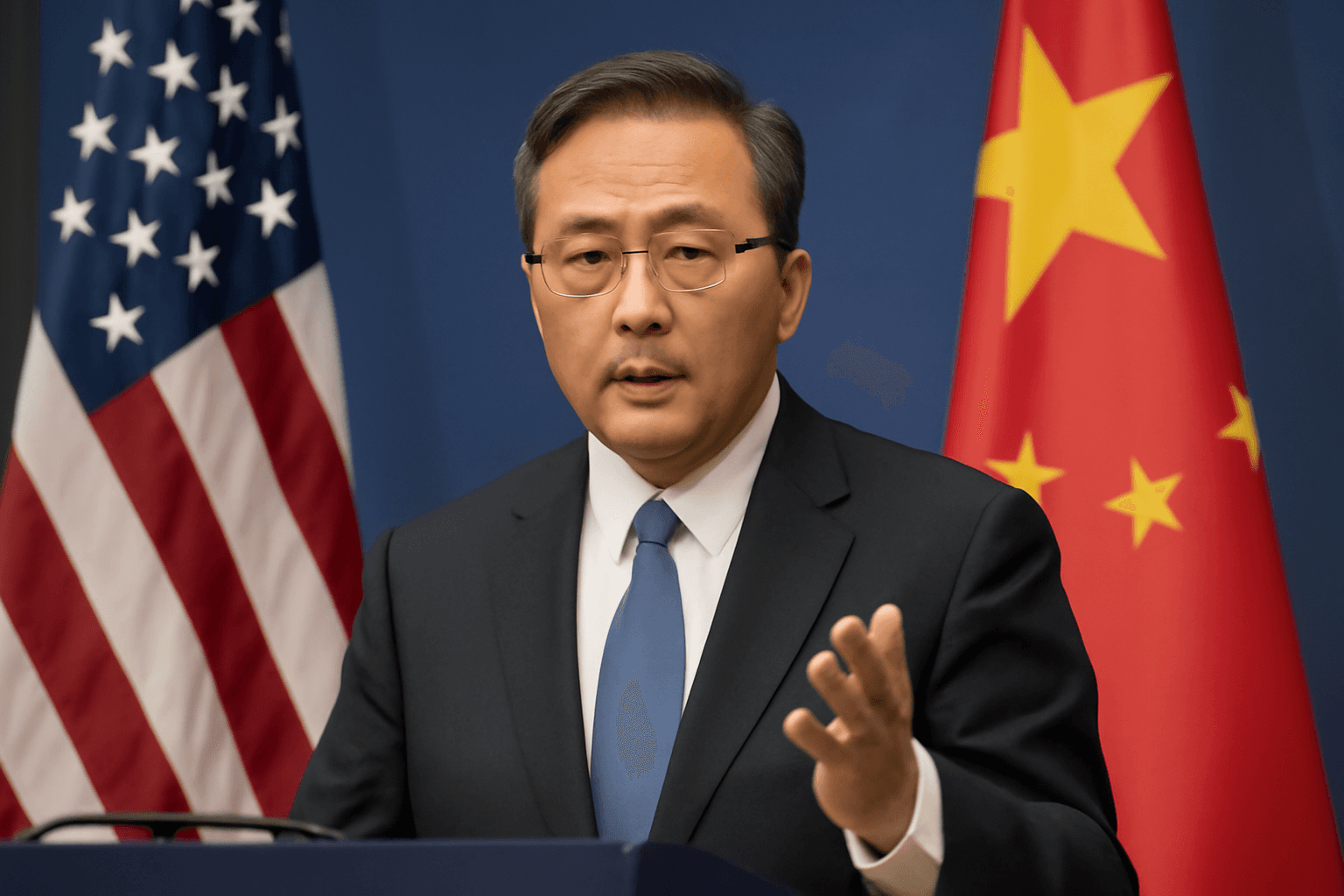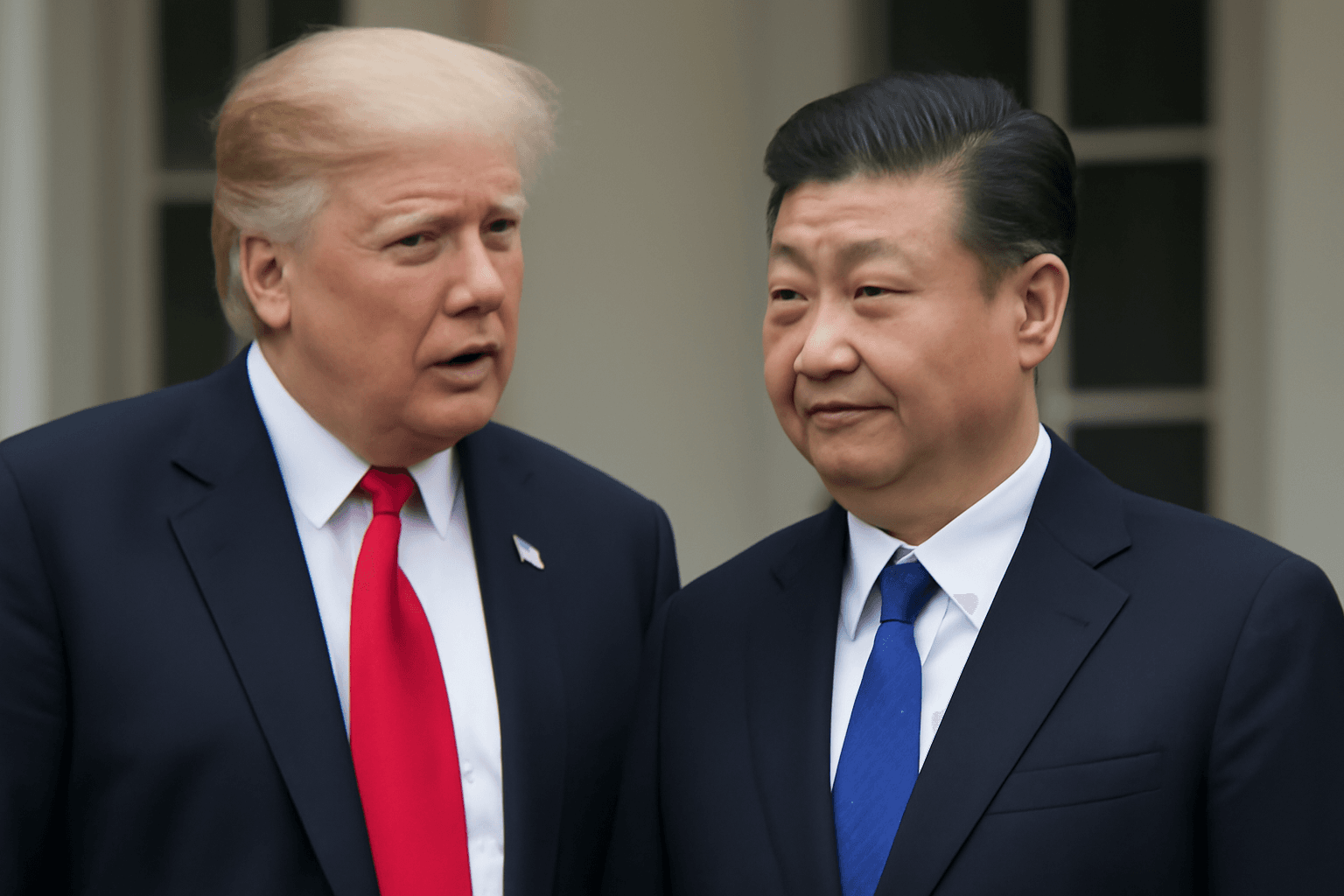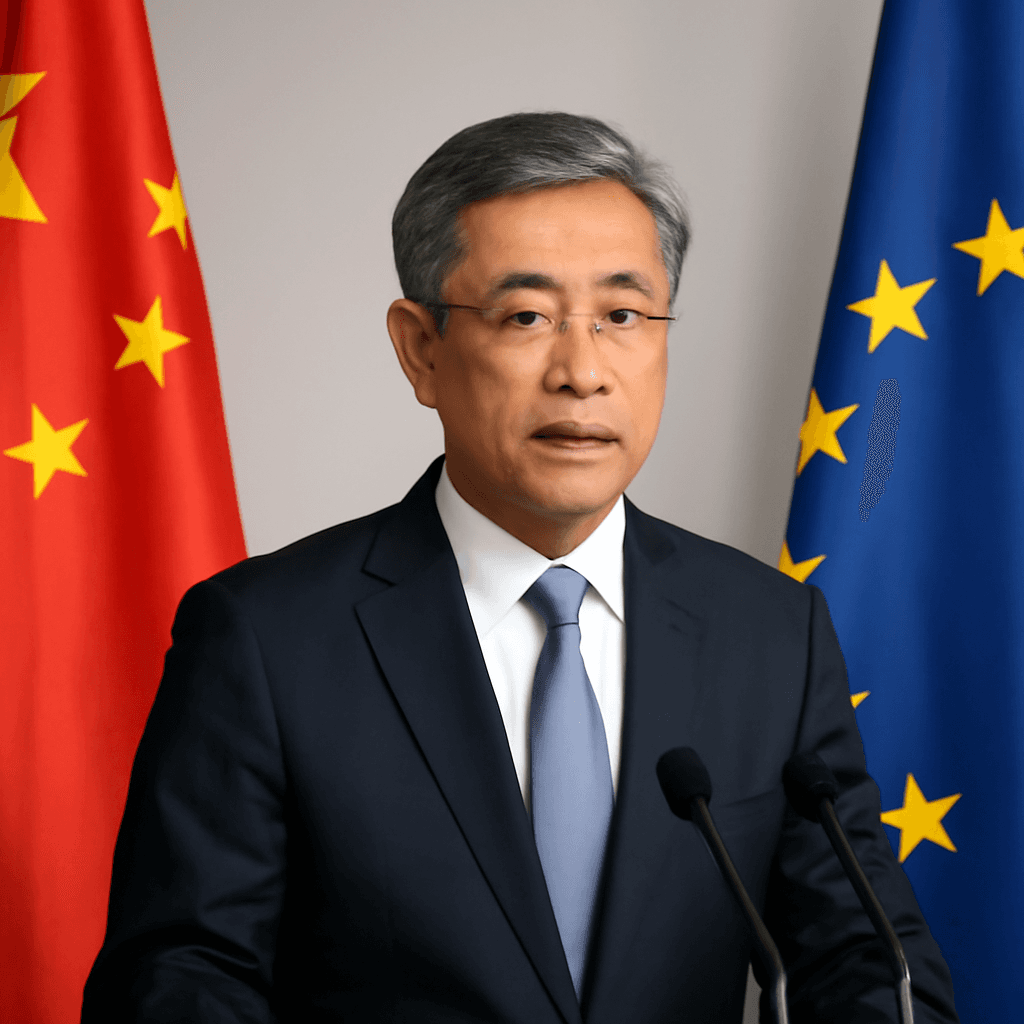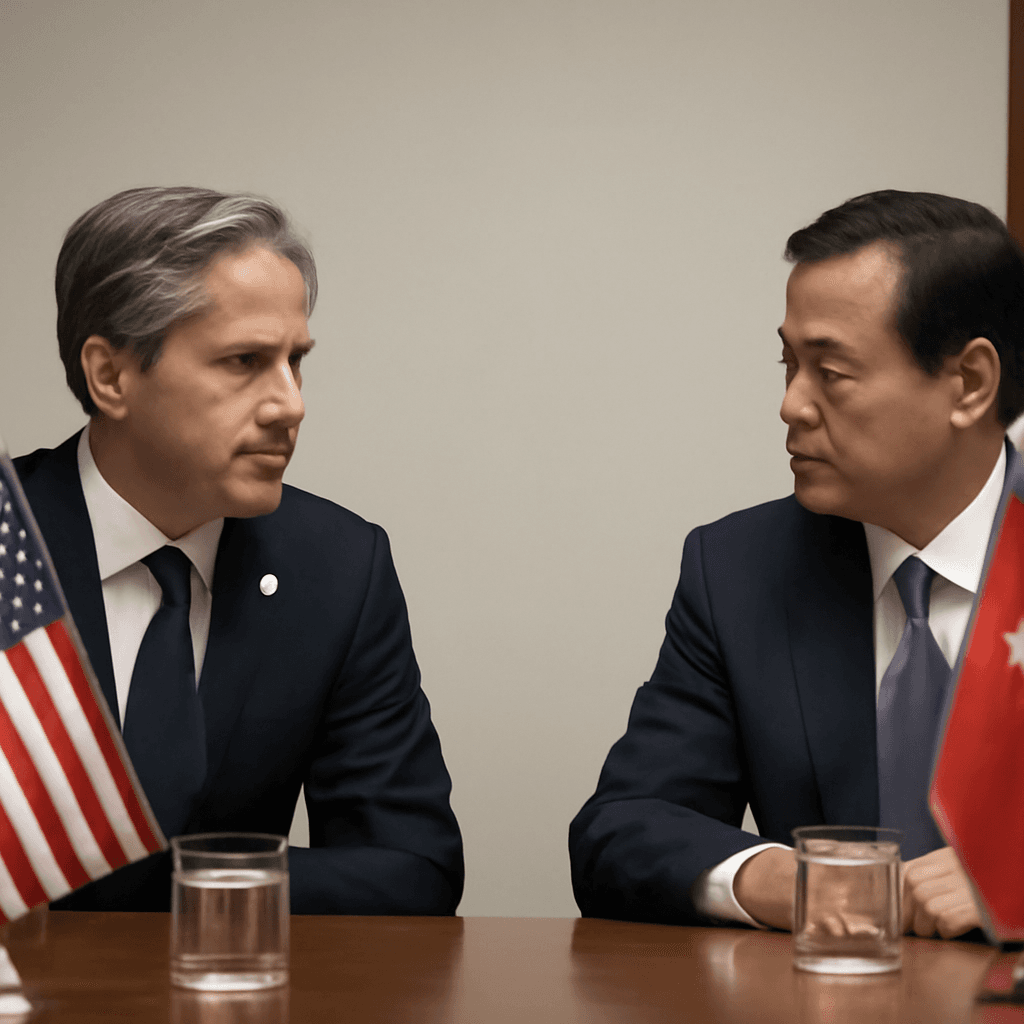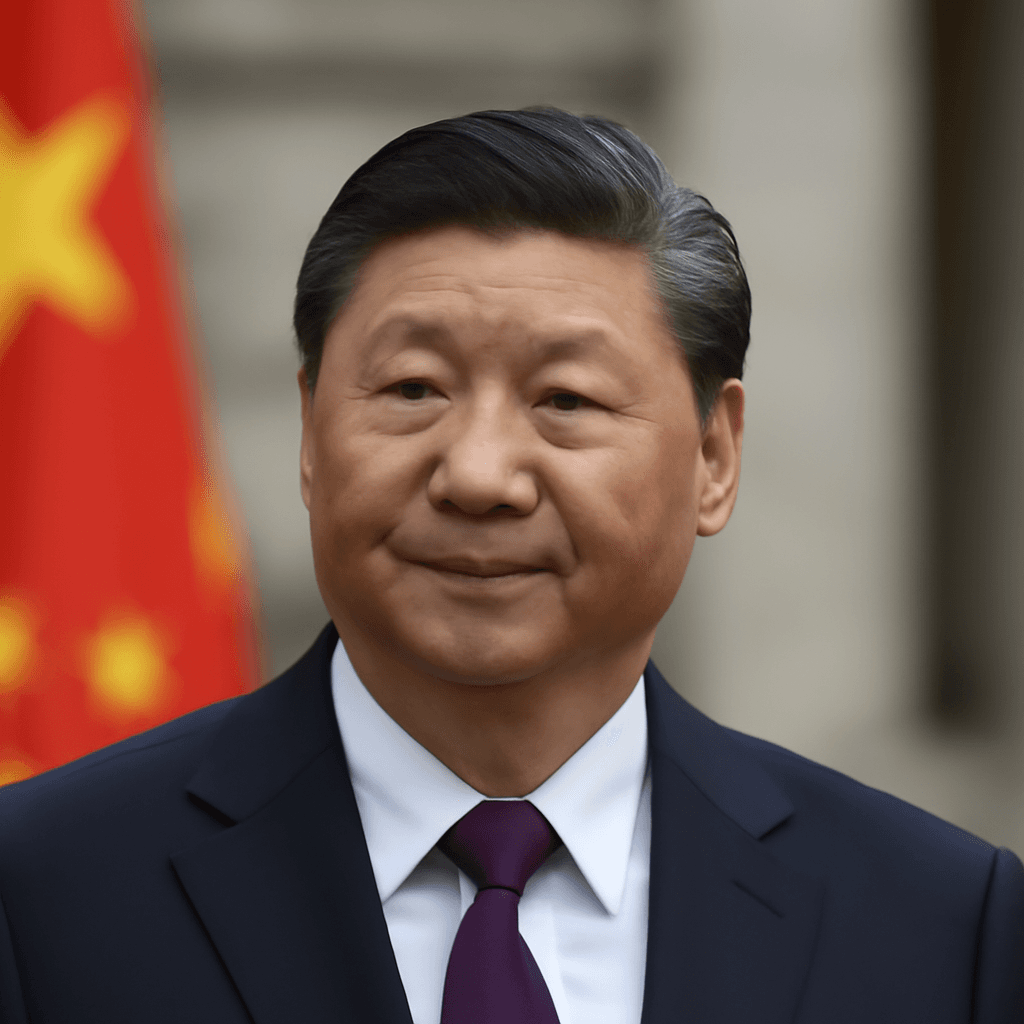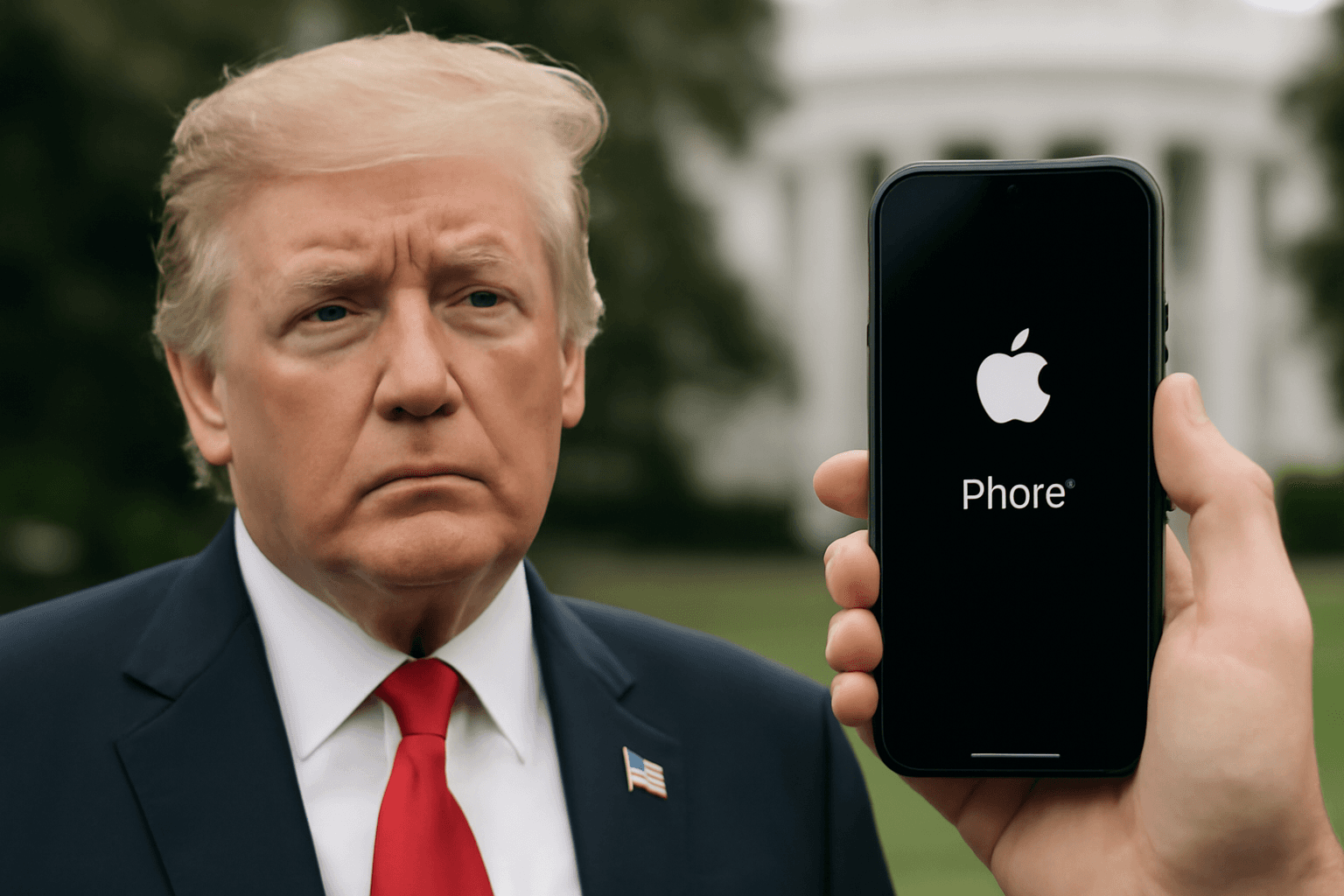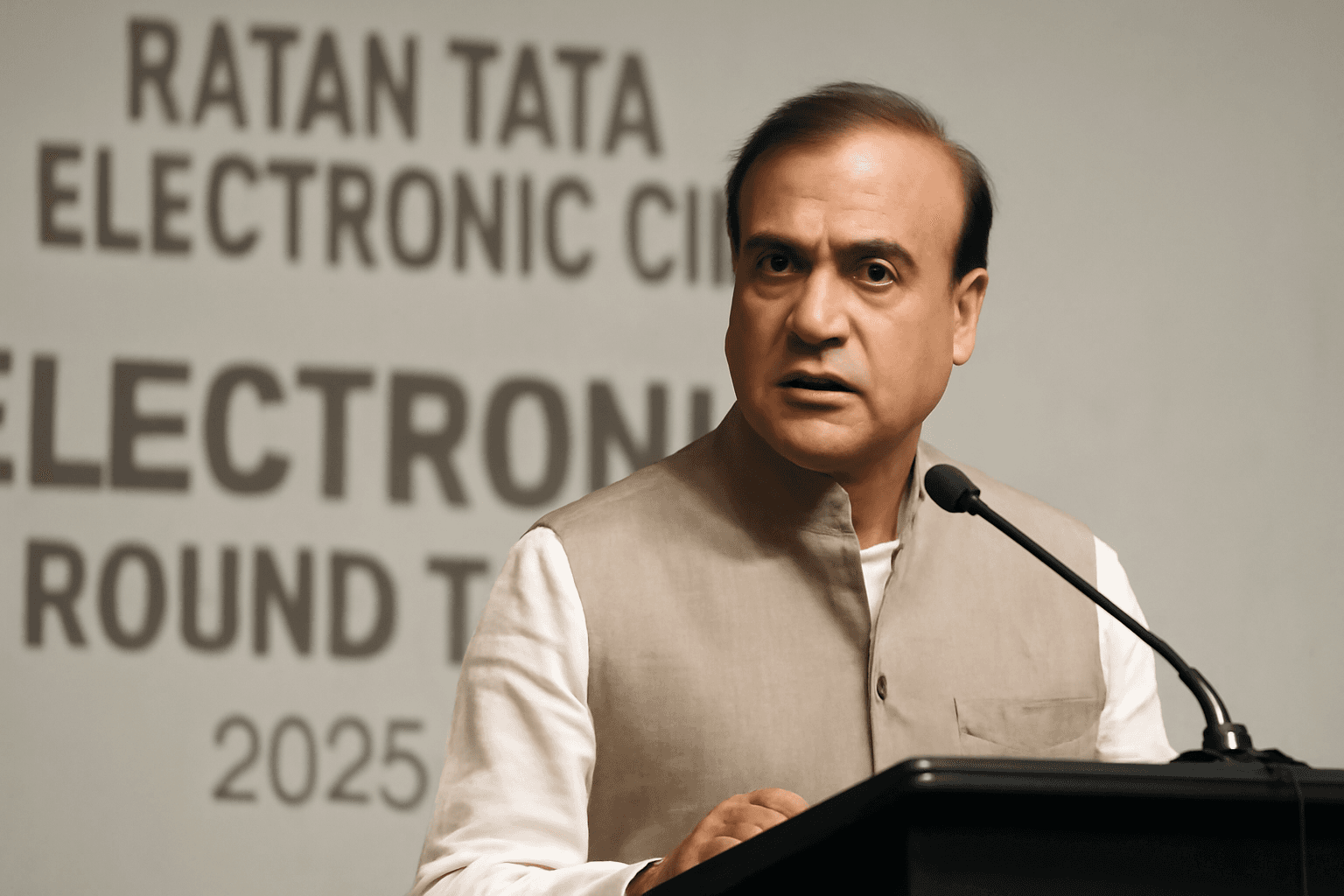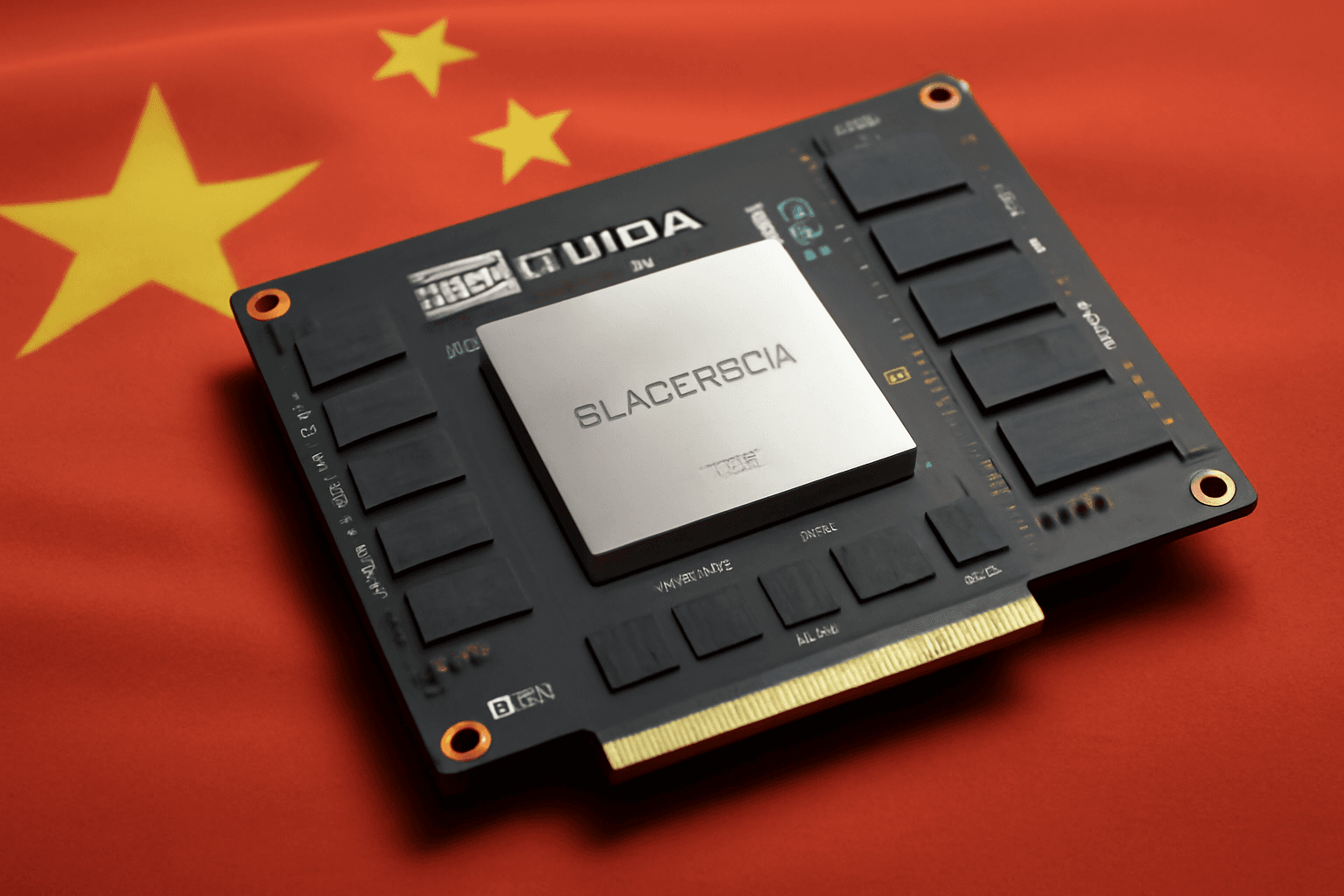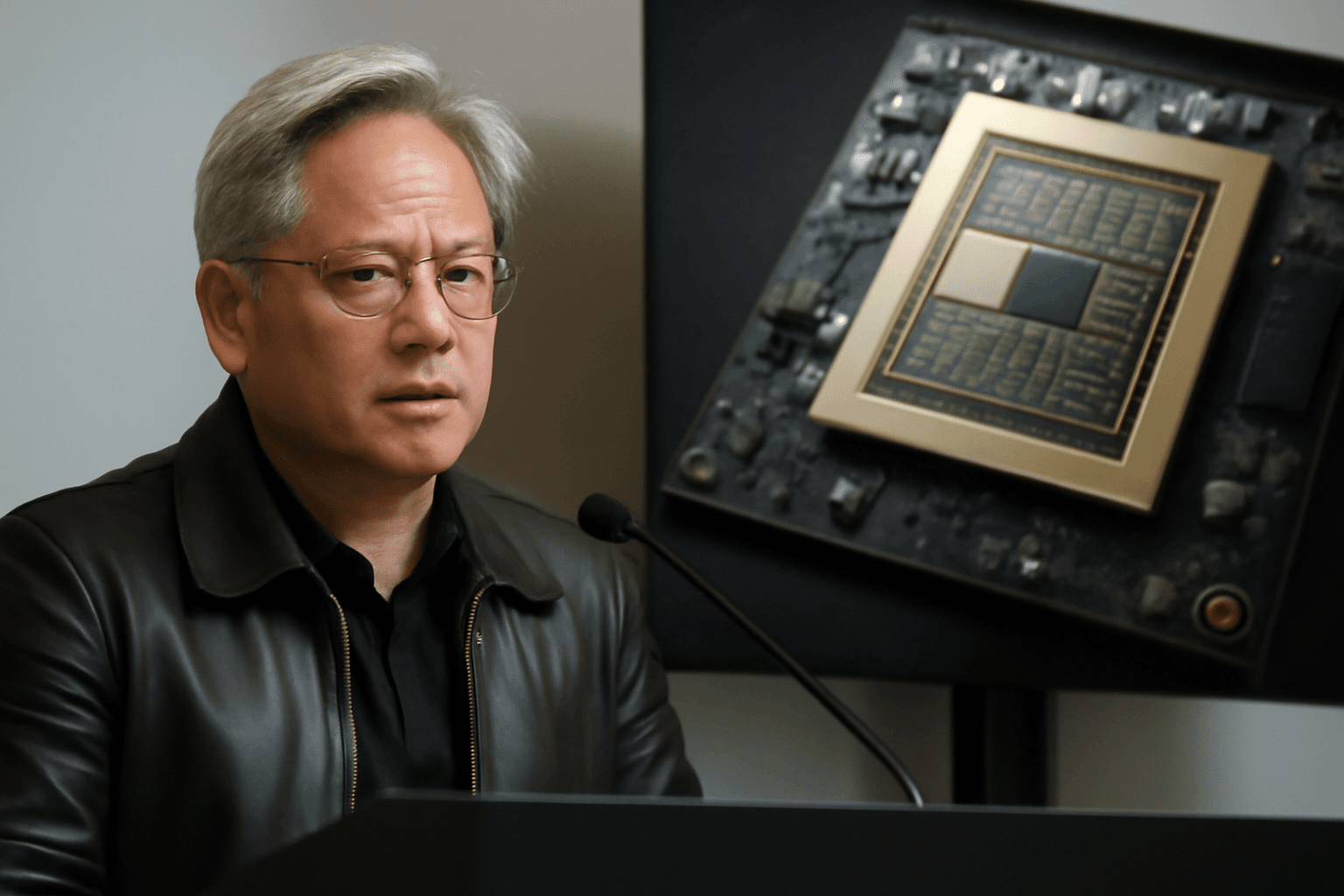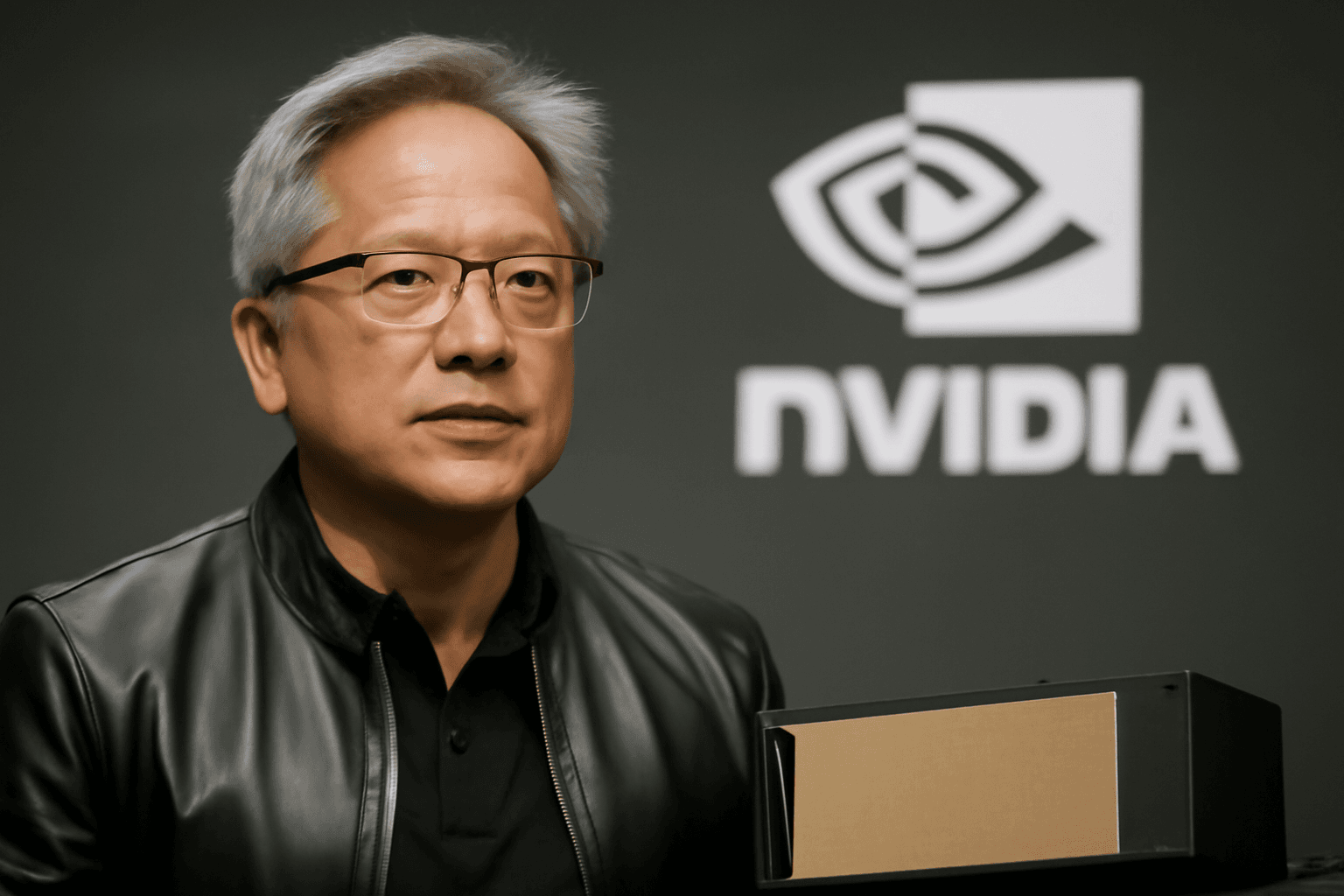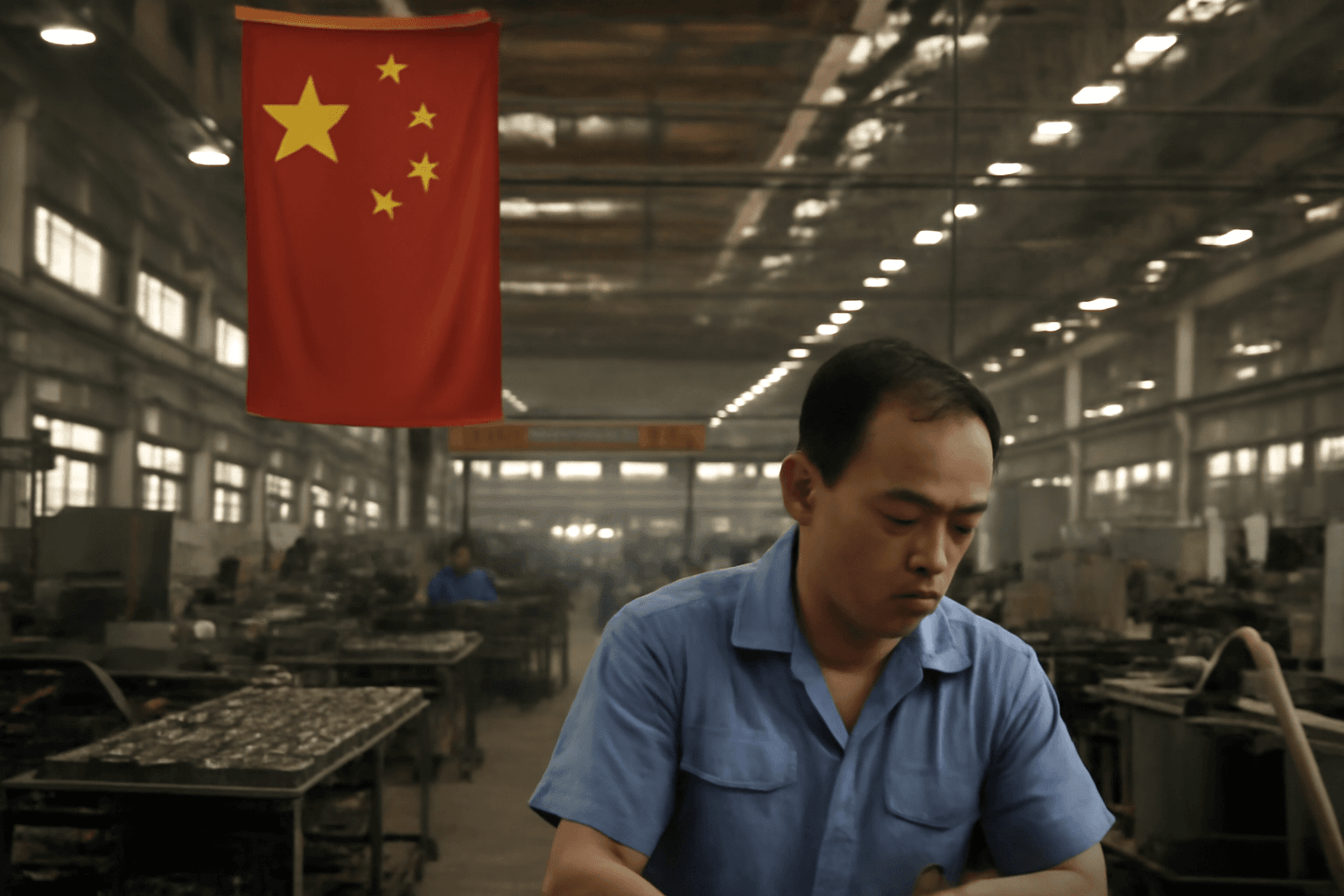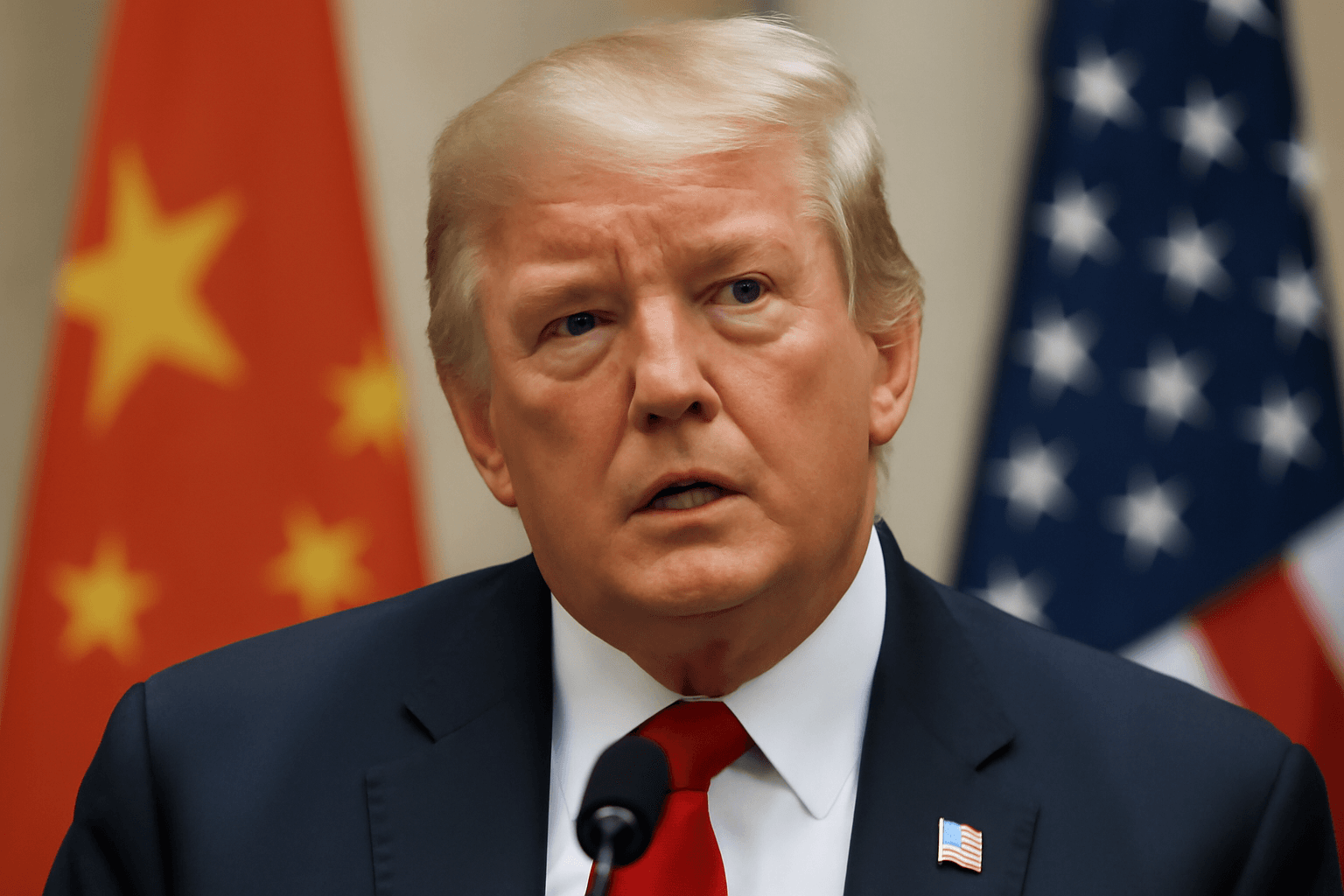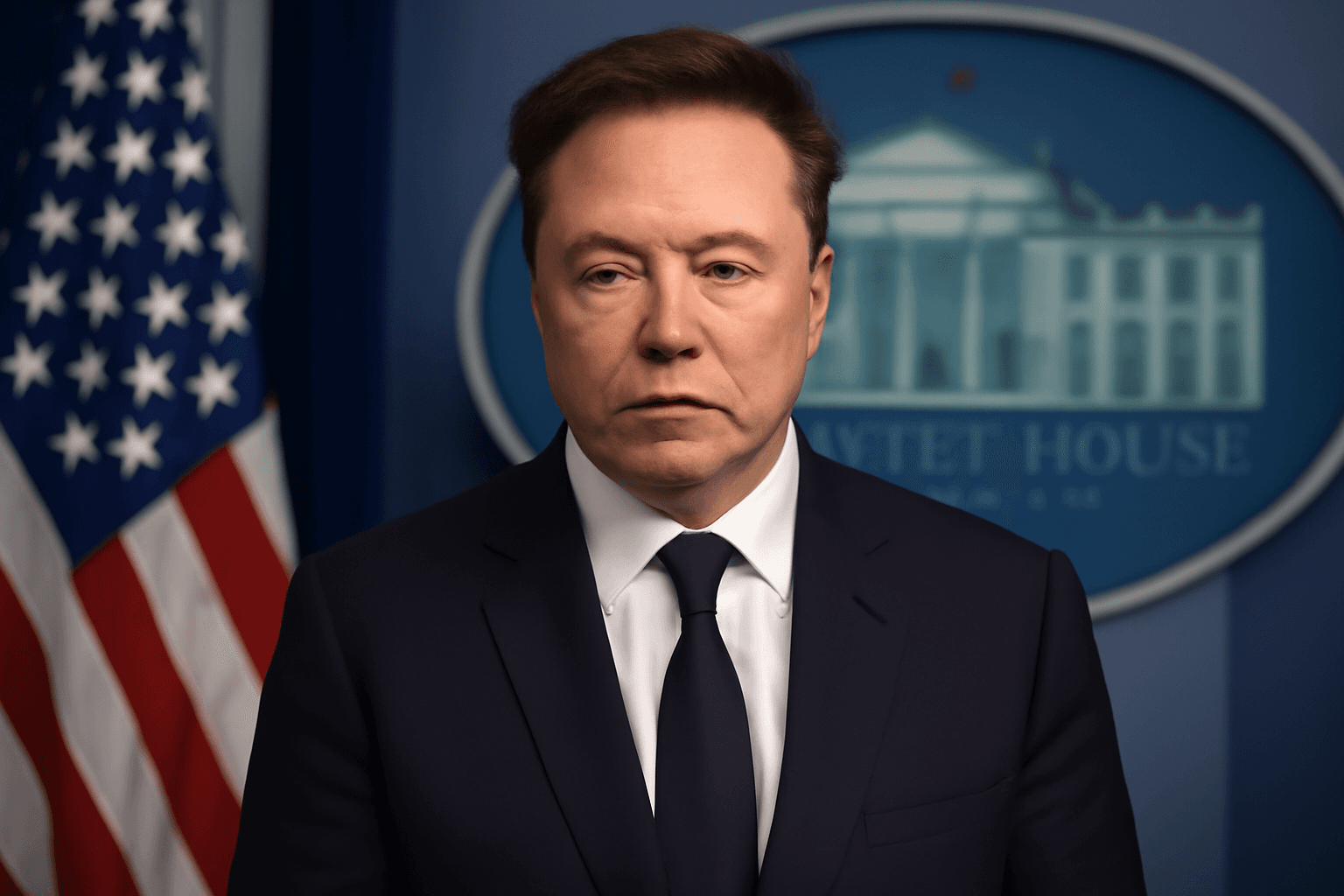China has strongly criticized the United States for its discriminatory use of export controls targeting the semiconductor industry, escalating ongoing trade tensions between the two nations. This response comes after accusations from the U.S. suggesting China violated a preliminary trade agreement reached between the countries.
Recently, representatives from China have repeatedly expressed concerns over the U.S. administration’s restrictions in the semiconductor sector and related practices. A spokesperson from China’s embassy emphasized the need for the U.S. to correct its approach and to refrain from imposing discriminatory limitations, reaffirming the commitments made during high-level talks held in Geneva.
On May 12, the two countries agreed to a 90-day suspension on the majority of tariffs imposed against each other following economic discussions in Switzerland. However, challenges persist as the United States has intensified export bans, notably preventing American companies from importing or utilizing advanced AI chips from Chinese firm Huawei.
These measures stem from longstanding U.S. national security policies initiated during the previous administration, which began restricting China’s access to sensitive chip technologies. In 2019, Huawei faced significant constraints that curtailed its ability to access U.S. technology, impacting its smartphone production. More recently, efforts continued under the Biden administration to limit China’s access to cutting-edge AI semiconductor components from leading manufacturers.
Further complicating the landscape, American chipmakers, including major software providers, have received directives from the U.S. Commerce Department to cease sales to China. Nvidia, a leading AI chip producer, criticized these restrictions, warning they will drive China to develop an independent chip ecosystem rather than integrate with U.S. technology standards.
Nvidia disclosed that due to export controls, it could not sell its H20 AI chip to China, potentially resulting in an $8 billion revenue shortfall this quarter. The company has also faced inventory challenges, holding $4.5 billion in unsellable stock. Nvidia’s CEO questioned assumptions underlying U.S. policy, stating that China's ability to produce AI chips is underestimated and that the restrictions may have unintended consequences.
Meanwhile, certain expansive export controls introduced recently have been rescinded, with expectations of further regulatory adjustments anticipated in the near future. The ongoing disputes underline the complex intersection of technology, trade policy, and national security interests shaping U.S.-China relations.

